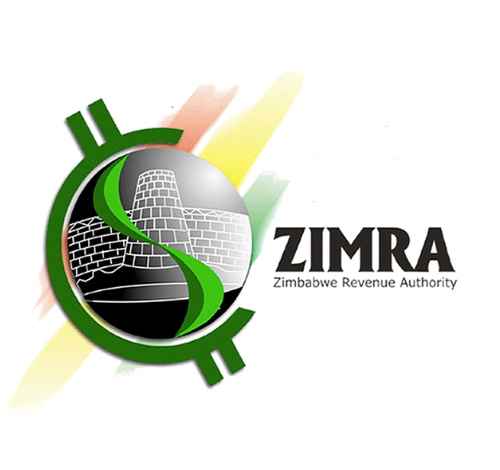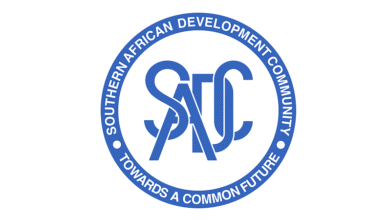
The Zimbabwe Revenue Authority (ZIMRA) has officially extended the deadline for the integration of the Tax and Revenue Management System (TaRMS) with the Fiscal Devices Management System (FDMS) to May 31, 2025. The extension is aimed at giving VAT-registered operators additional time to meet the new compliance requirements and ensure a smoother transition to the upgraded systems.
In a public notice issued on April 23, ZIMRA announced that the revised deadline supersedes the one previously communicated in Public Notice Number 7 of 2025. This move is part of ZIMRA’s ongoing efforts to modernize tax processes and enhance overall compliance within Zimbabwe’s tax ecosystem.
ZIMRA revealed that the TaRMS platform has undergone key upgrades designed to improve user experience and promote accountability. The improvements include the introduction of features such as the automatic generation of input tax schedules and the automatic management of credit and debit notes. Additionally, the system now accommodates input tax apportionment and allows taxpayers to select specific tax periods when claiming VAT, offering greater flexibility and efficiency.
The tax authority stressed the importance of meeting the new deadline, warning that only fiscal tax invoices, debit notes, and credit notes issued on or before May 31, 2025, will be considered valid for VAT input tax claims. Registered taxpayers are therefore urged to submit all qualifying documents by this date to avoid losing their entitlement to make such claims.
After May 31, only fiscal documents received or issued post-deadline will be eligible for VAT input tax claims through the TaRMS Taxpayer Self-Service Portal. ZIMRA further explained that claims must be submitted within twelve months of issue for most VAT-registered operators, while diplomats and development partners are granted a three-year window.
The authority also addressed VAT on imported services, clarifying that while this category falls under a different tax type in TaRMS, the related VAT amounts can still be claimed as input tax on the VAT 7 return. However, these claims must be entered manually by the taxpayer.
In terms of input tax apportionment, the integration supports automatic calculations for businesses that supply both taxable and exempt goods or services. Taxpayers will be able to apply their specific apportionment ratios directly in the VAT 7 return, streamlining the process and reducing the risk of errors.
Recognizing that some businesses may still face challenges with full integration, ZIMRA encouraged any operators encountering difficulties to engage directly with the authority for assistance. Timely communication is essential to avoid potential compliance issues.
In closing, ZIMRA reminded all VAT-registered operators to address any outstanding matters related to fiscal tax documentation before the May 31 deadline. Failure to do so could result in the forfeiture of the right to claim input tax on relevant fiscal documents.
The extension offers a critical opportunity for businesses to align with ZIMRA’s modernization drive and embrace digital solutions that are shaping the future of tax administration in Zimbabwe.




